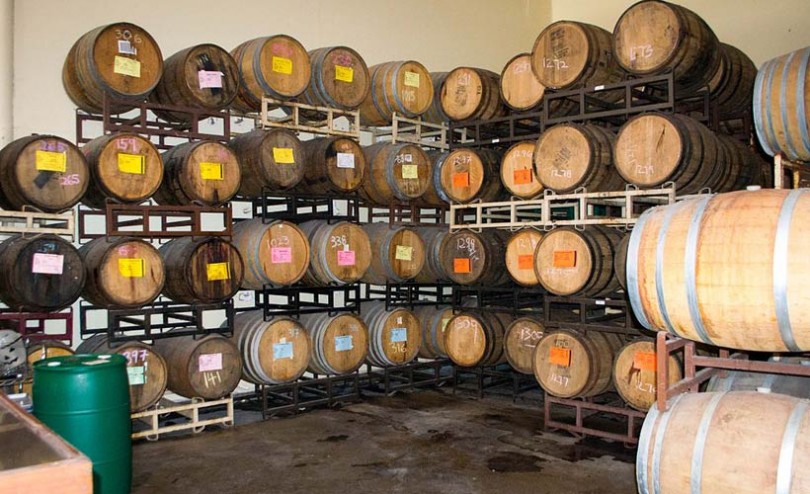Rural breweries, a new way of thinking about beer
How to transform passion into a job
In Italy, rural breweries are now a growing reality and an industry that seems to have not been affected by the economic crisis. It is true that it takes so much courage to begin such an adventure, but if you are really passionate about it, nothing will stop you from realizing your dreams. You must have clear ideas and access to funds for the entire project.
Depending on the amount you want to invest, you can decide between a small brewery and an entire industrial area. Then you have to choose the type of beer you want to produce and the level of brewing automation. Normally, a brewery starts effectively after about 60 days from the start up of the enterprise and this is an important factor to consider when talking to suppliers.
Other compulsory steps are the opening of a VAT, obtaining the necessary authorizations from the ASL and from the finance. After this, the project can start. The important thing, for those who decide to invest in the production of rural beer is the passion. You must love earth, its fruits, work in the fields and, in the same way, you must love beer and its amazing transformation from must to that final product so much appreciated by everyone.
What is beer and what are the laws that regulate its production?
The Ministerial Decree no. 212 of September 2010 states that beer can and should be regarded effectively as an agricultural product because its production, like that of bread and grappa, is closely linked to the world of agriculture. The same decree provided for those agricultural breweries who produced on their own the 51% of the barley used then in beer production, the possibility of accessing certain Community bids for agricultural projects. This situation has been partially amended after the Monti Government’s Stability Law, which in fact eliminated a number of facilities but has kept the name of agricultural beer unaltered. As a result, rural breweries have lost the taxation provided for by the 2007 budget but have retained access to all funding in support of agriculture.
The cornerstone in the production of beer

Agricultural beer, as defined by Decree 212/2010, must have certain characteristics. One of these is the fact that it is produced by the same farmer who produces the main raw material: barley. As is well known, barley before being used in beer production must be malted. In this case things can be done in two possible ways. The first involves the construction of a malt house inside the farm itself. In the second case (which is also the most common one) the farmer must bring his barley to a malt house. And here is the problem. If barley comes in an industrial malt house, it will be discharged and mixed together with that brought by other producers and the final product, the malt that the farmer will bring back, will never come from his barley.
To overcome this problem some owners of farm breweries have been formed in groups or consortia. In this way, all the barley they produce within their companies ends up in the consortium malt houses and undergoes the malting process and then return to the owner. The beer is sold under the brand name of the consortium itself, which guarantees its quality and provenance. All of these clarifications are important to understand that, despite the fact that there is a single definition, agricultural beer is distinguished in different types, depending on producer to producer. It should be pointed out that if the minimum barley limit to be produced in your farm is 51%, this percentage will rise to 70% for Agribirra members registered by the Co.Bi consortium.

Image Source: Wikipedia Commons







